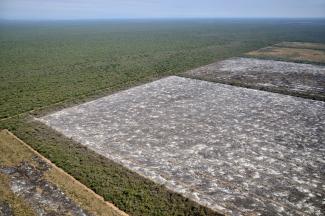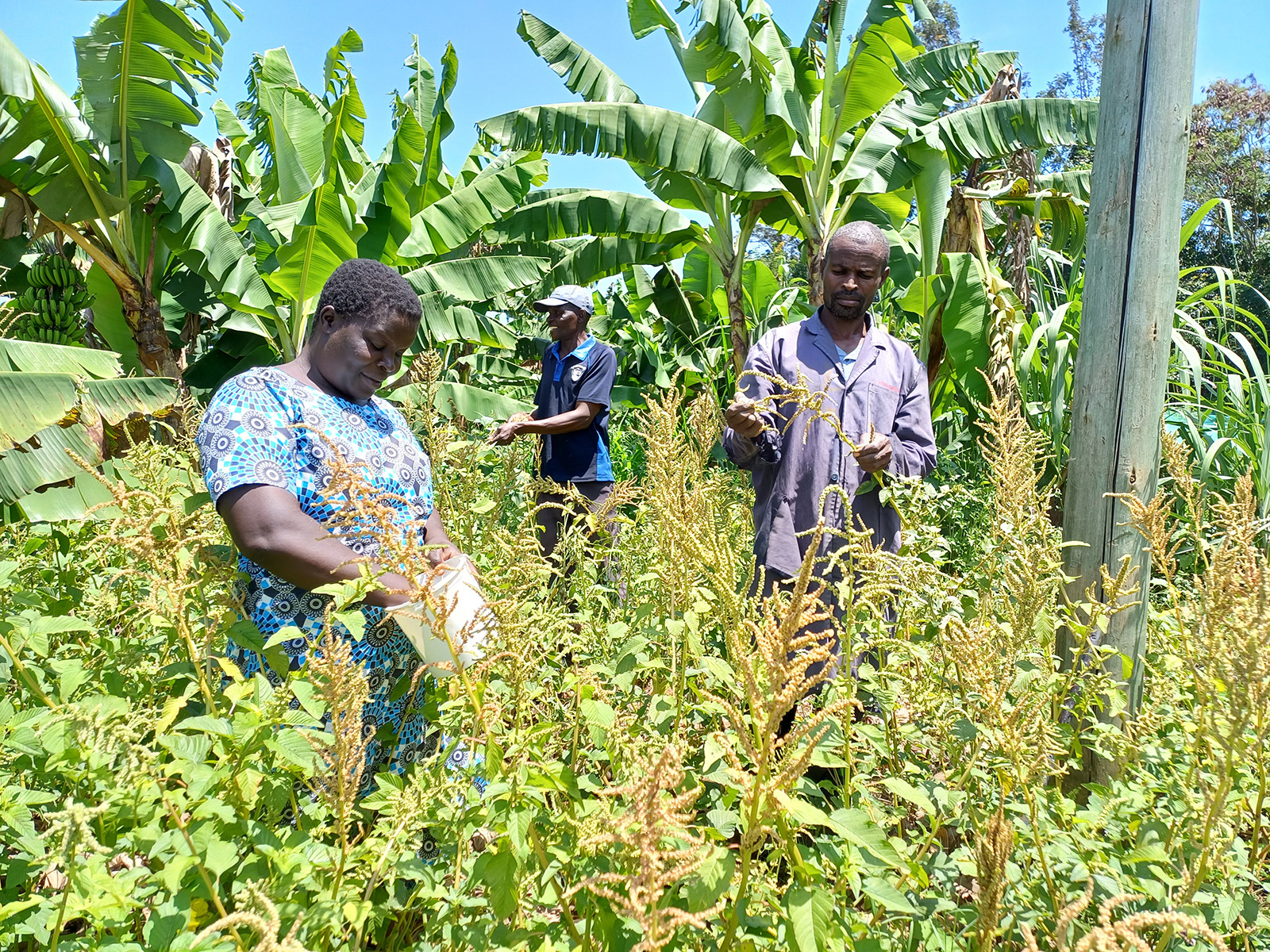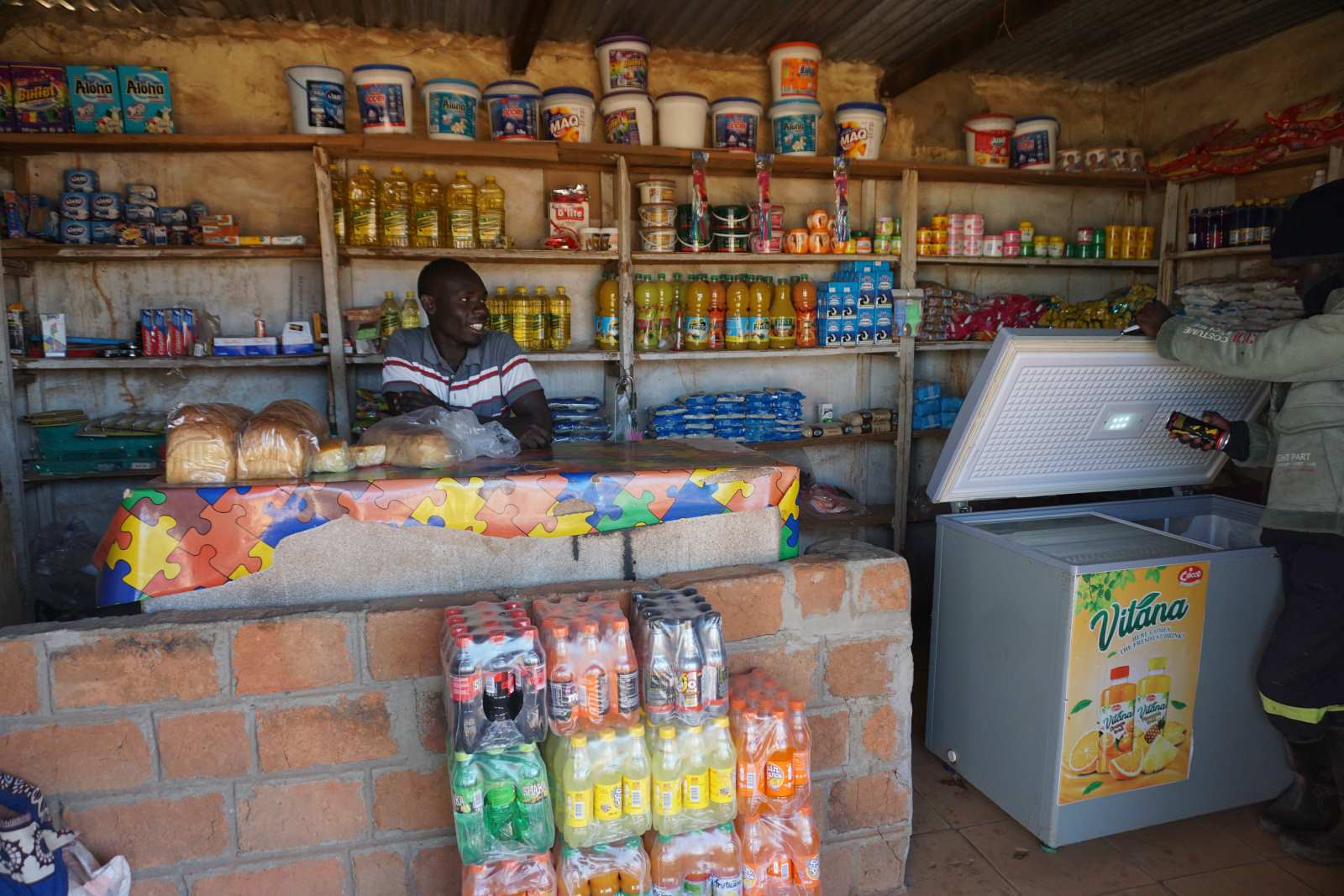Editorial
Global public good

Today, Germany's secondary forests are economically valuable, but their biodiversity is poor compared with primary forests. They are easily accessible thanks to vast networks of well-maintained trails. German forests are investment assets that also serve recreation purposes, they are considered green lungs and provide habitats to the remaining plant and animal species.
Things used to be different. When German forests were still wilderness, people feared to enter them because of dangerous animals and robbers. In case of trouble, those who exposed themselves to these risks could not expect any help. Nonetheless, game, wood and other resources were tempting. Poachers faced severe punishments, but that did not stop them. Forests remained lawless for centuries, and weapons were not only needed for hunting purposes.
Unaware of that past, many Germans fail to understand today why forests are disappearing fast from other world regions. In Latin America, Central Africa or South-East Asia, however, the wilderness does not make most people think of recreation in a beautiful environment. They know that this is where the struggle for survival is particularly tough. Nonetheless, marginalised people move there in the hope of finding a livelihood. Adventurers and soldiers of fortune are attracted too.
All over the world, governance is weak in remote areas. If religion and strong cultural traditions rule people's lives, there will be peace nonetheless. But the literal law of the jungle prevails wherever the absence of state authorities coincides with desperate need, unrestricted greed and great cultural diversity. Those who must cope in the jungle normally have either more urgent worries or more profitable interests than protecting biodiversity and the global climate.
The wilderness offers no scope for altruism. One grabs whatever one can get away with. Those who can afford to do so hire armed guards. Some militias may quote political ideologies, but ultimately they too depend on violent behaviour for the sake of exploiting forest resources. When the police show up at all, they are typically considered just one more armed gang. Indigenous people tend to be most at risk, and many of them only speak their own community's language.
The economic interest in forests is huge. Slash-and-burn practices of smallholder farmers are only a minor issue. Industrial-scale oil-palm plantations, for instance, require much more land. Timber and mineral resources are similarly relevant export goods.
None of this means that sustainability should not matter. On the contrary, sustainability is a global necessity. The world economy must be redesigned in a way that will allow future generations to live as today's people do, without marginalising masses. Achieving sustainability, however, is a huge challenge. That is even so in the industry for which the term was first coined. Forest-rich countries will not altruistically forego revenues to stabilise the world climate. Environmental protection is not simply the responsibility of comparatively poor countries. It is a global public good that concerns everyone.
Hans Dembowski

















